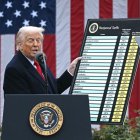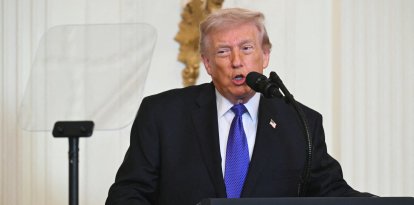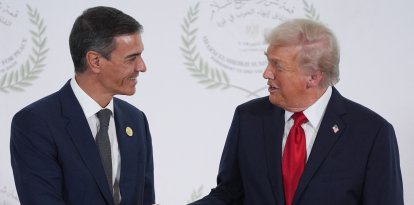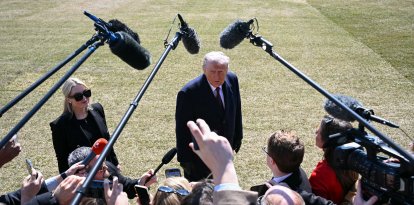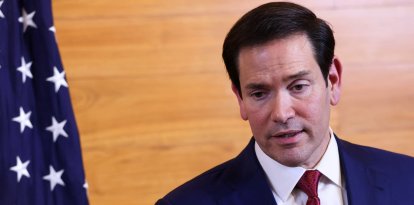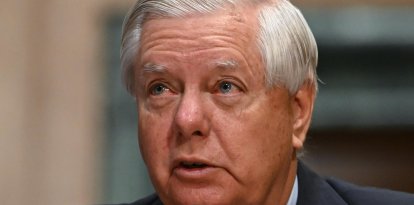Senate defies Trump's trade policy by passing resolution against tariffs for Canada
Four Republican senators backed the measure, securing its passage with 51 votes in favor and 48 against.
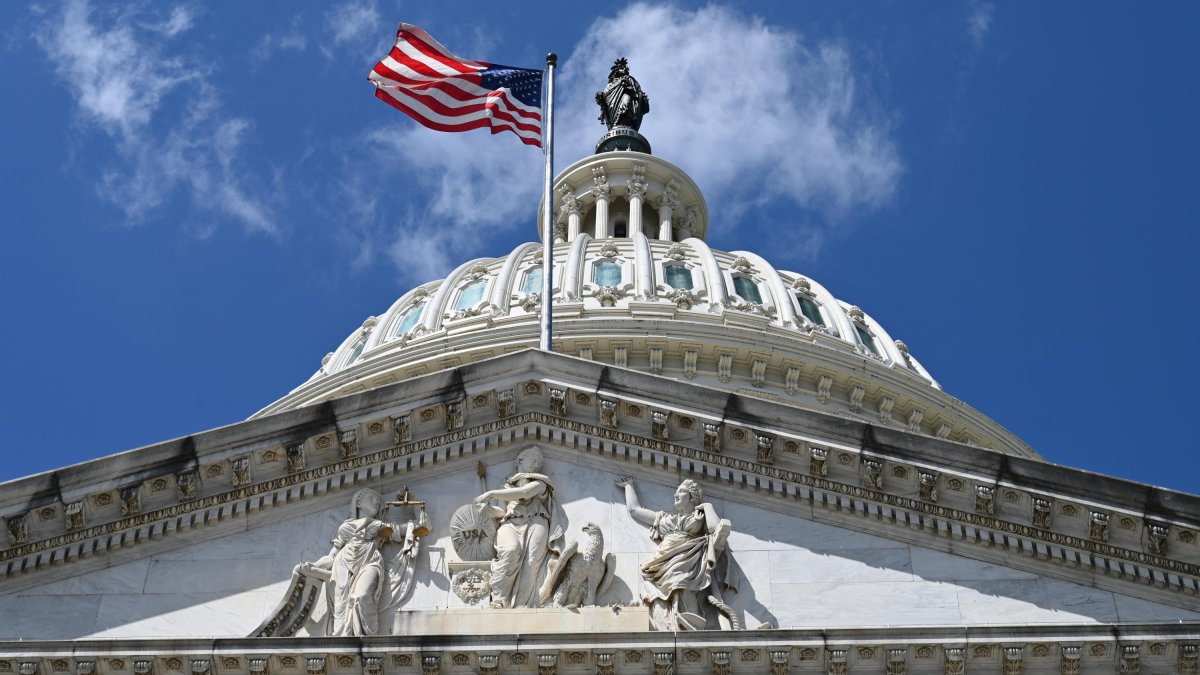
Capitol Hill
The U.S. Senate passed a resolution to try to reverse President Donald Trump's 25% tariffs on Canadian imports. Although the measure has no legal effect, its passage with 51 votes in favor and 48 against reflects a political challenge to the president, on the same day he announced new tariffs on several global economies.
Republicans fractured in vote
Four Republican senators - Rand Paul (Kentucky), Susan Collins (Maine), Lisa Murkowski (Alaska) and Mitch McConnell (Kentucky) - broke ranks with their party to back the resolution. Their vote evidenced discomfort in some Republican quarters with Trump's tariff strategy, especially regarding key trade allies like Canada.
Senate Republican Majority Leader John Thune (South Dakota) warned that the resolution was an attempt by Democrats to weaken Trump politically and insisted that the tariffs are a pressure measure to get Canada to take stricter action against fentanyl trafficking.
Trump's reaction to the resolution
Trump had already responded harshly to the Democrats' proposed resolution. Through Truth Social, he accused Tim Kaine, the Democratic senator who sponsored the measure, of trying to weaken his strategy against fentanyl trafficking. He defended the need to maintain tariffs to protect the U.S. economy.
The future of the resolution
Despite the Senate vote, Republican leaders downplayed the resolution's impact, noting that their party-controlled House of Representatives will not bring it up for a vote, meaning it will not advance beyond that body.
"It’ll go nowhere in the House and the president won’t sign it, so it’s not going to go anywhere," Sen. John Cornyn (R-Texas), an adviser to the Senate Republican leadership team, said.
Trump announces reciprocal tariffs
"This is one of the most important days, in my opinion, in American history. It's our declaration of economic independence," the president said.
Trump argued that, for years, U.S. workers were marginalized while other nations benefited from trade agreements at the country's expense and assured that with his decision, this would no longer happen.





